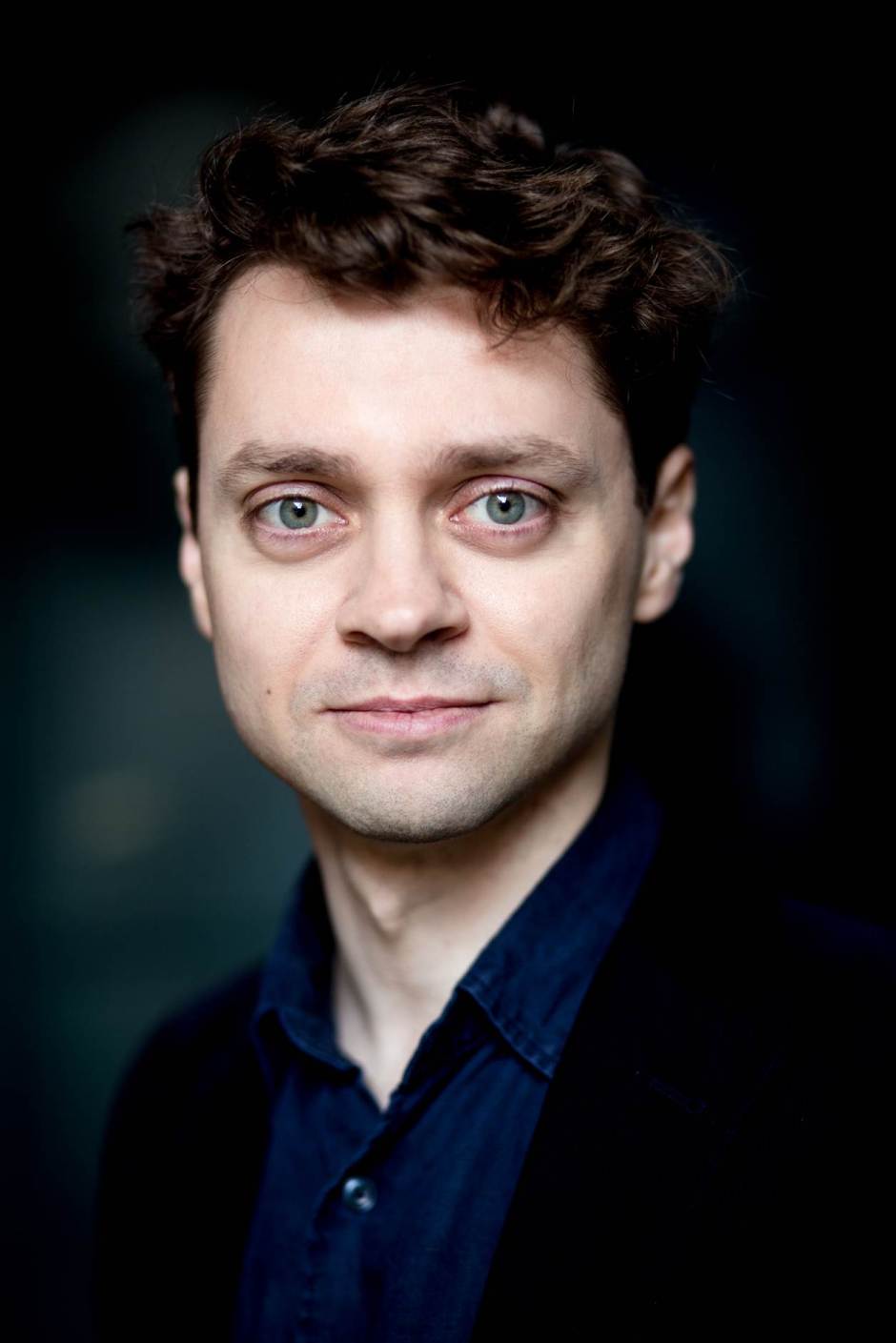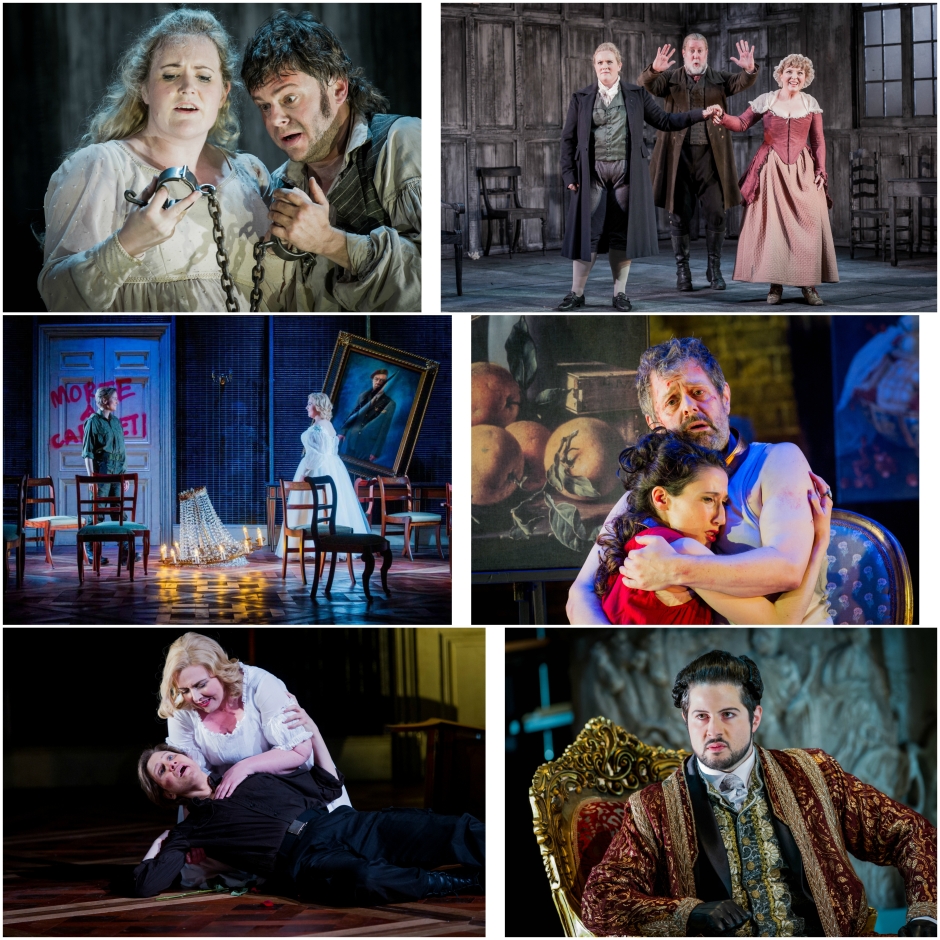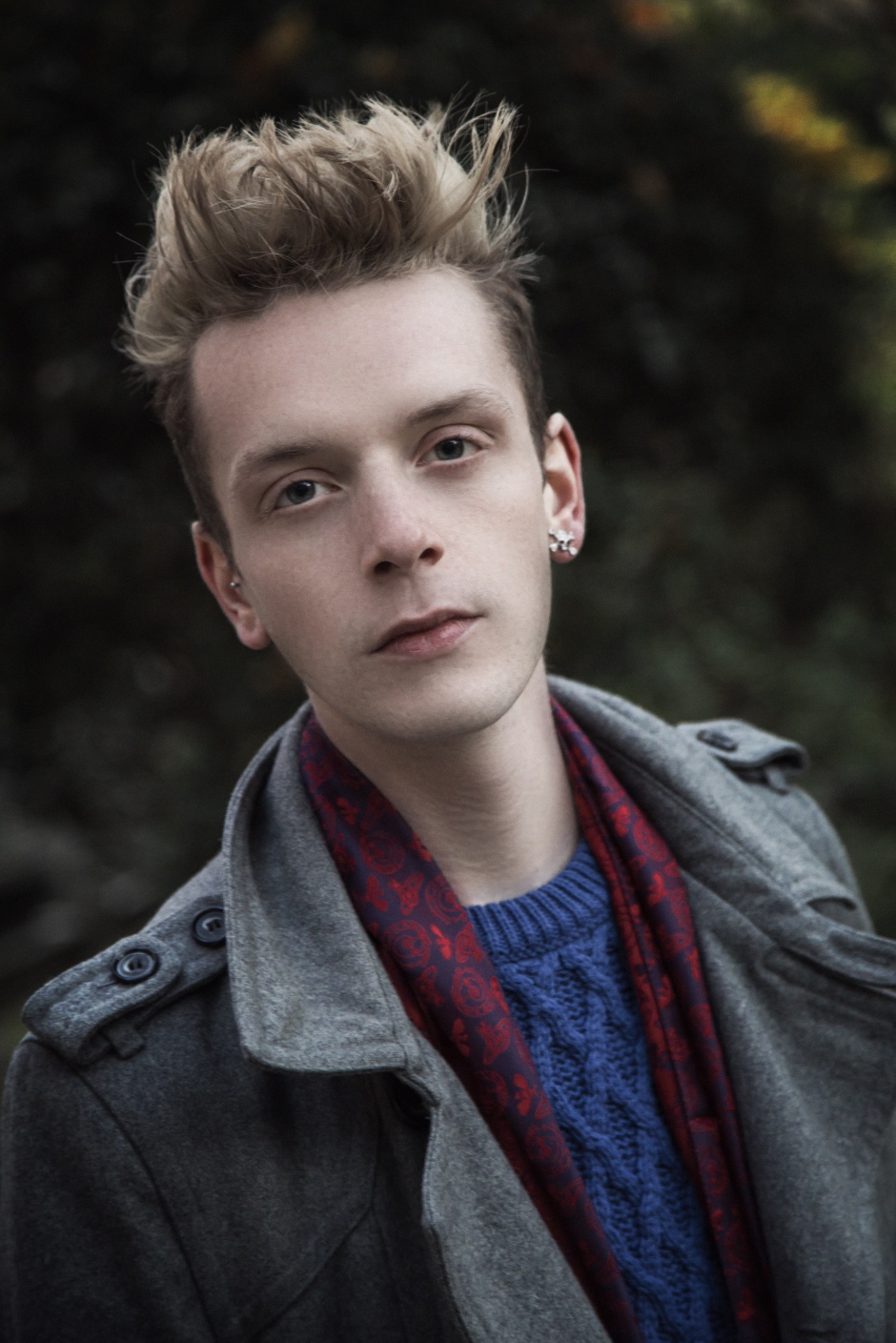‘The first Festival weekend is without doubt a visceral and hugely rewarding explosion, exuding an excitement, summing up as it does much more than the year-long planning trajectory.’
It’s a pleasure to write in the afterglow of the 2016 Buxton Festival, when memory is filled to overflowing not only with the enormous number of events, operas, concerts and talks, but also with such enthusiasm for the artists who were with us, and the audiences who were so fulsome in their praise and interest. There is so much to talk about but forgive a slightly random selection of topics.
The year long preparation for each Festival has several phases across many disciplines including fund raising, marketing, logistical planning and company management which means drawing together all the strands of accommodation, contact sheets, rehearsal schedules and rehearsal venue booking to name a few. The Festival Company is large as you’d imagine; principal artists, directors, designers, conductors, stage, production and technical managers, choristers and young artists, repetiteurs, assistant directors, props supervisor, costume and wigs supervisors, dressers, lighting designers, concert managers, volunteer ushers and not least, the members of the Northern Chamber Orchestra. The extended company of course includes every concert artist and every speaker, each one of which has travel, accommodation and rehearsal requirements. I know of no other Festival on our scale that brings such a huge number of visiting artists who form our Festival’s offerings each year. Three new opera productions alone make enormous demands upon any planning exercise. Grange Park for example produces three operas each summer, but Buxton Festival offers much more than that. It’s salutary to look at the size of back-up staff involved elsewhere. In comparison, we have a small office staff working year round, so you can imagine the extraordinary motivation required amongst those who provide the foundation upon which the Company of artists arrive to deliver the Festival. It has to be exceptional.
But lest one might fall into the trap of thinking that it is only year long preparation that is pertinent, the artistic planning that falls to me looks further and further ahead. We now work to a rolling three year planning cycle, which is necessary of course to build a vision of strategic planning not only in terms of repertoire and programming in general but also in terms of interesting and drawing artists to us, artists, directors and conductors who have engagements in their diaries stretching two, three or four years ahead. Forward strategic planning is also important to our private and corporate donors alike; they need to see development, aspiration and purpose in our vision of what the Festival is and will be. So our repertoire for the next three years is accordingly already planned, and I shall write about this very soon.
I said in one of the many speeches required of me this summer at Buxton that I was one of the luckiest people alive, only to be countered by Alan Davey the controller of Radio 3 who was present at that performance of Leonore, whose claim he felt as controller of such an enormous output including the Proms probably trumped mine! But the pleasure I have in carefully choosing operas amongst so much else, and then directors and conductors and finally casting wonderful artists very thoughtfully, is intense. This is only exceeded by the most gratifying of all feelings, the joy of performing and seeing opening nights, when the quality of the artists and all involved goes well beyond what one in a balanced way dreamed of. So the truly wonderful international cast of Leonore, the exquisitely subtle and refined cast of Tamerlano, and the enormously skilled and brave cast of Capuleti stole my heart and those of the audiences and critics too. It’s enormously enjoyable also to see the directors and conductors, friends all, delving deeply into the core of these three operas and creating new insights that made me not the only one to go back time and time again to see more performances.
One of our greatest sadnesses in this profession is knowing that most likely all our new productions will be put to sleep, or rather cast aside after the Festival closes, because storage for us is far too expensive an option, and try as we might to provide for one, an after-life for any production anywhere is rare. Having said that, we do aim to, and we are discussing at this time the possibility of some of our productions being seen elsewhere in the near future – this is the holy grail of aspiration and good business of course.
People so often in this world of short sound bytes perhaps but also more widely from habit, want to talk about their ‘picks’ or ‘hits’ or ‘favourites’ from this Festival or that, or Proms season, or Opera season; I find this quite difficult. Interviewers often want a précis of ‘highlights’ on which to focus their article, or to pin their subjects down to bite-sized elements. Most often I’ve been asked for a favourite opera, easy but not as easy as you’d think, or a favourite opera house, or favourite composer, or more close to home favourite artist in the Festival or special concert in the making. I’m afraid I don’t do this lightly. My wife might be allowed to press me into answering a question such as which composer actually has contributed most to a love and appreciation of music and musicality in the broadest sense. But I’d give you five of the most important composers if asked, with the caveat that the entire issue is personal to me, not polemical in the slightest. Well, perhaps just a little bit polemical, but not too much! So what would I say about the Festival just past bearing in mind the complexity of the question?
When I was at Cambridge as an organ scholar, full of the joys of professionalism beckoning, I went home for a weekend and heard the Chelmsford Cathedral Choir in concert performing Tallis’ ‘If ye love me’, a sublimely simple deeply affecting short motet. Professional choirs of course sing this wonderfully, but the performance of the amateur cathedral choir had a simplicity and commitment that brought tears to my eyes. I’ve never forgotten it. There’s a moral in this. Of course Angela Hewitt’s and Stephen Kovacevich’s recitals were quite fabulous, as they should have been, unerring musicians of such quality and dedication as they are. And Sarah Jane Brandon’s Strauss and James Gilchrist’s Vaughan-Williams were deeply affecting. Then there was the Manchester Chamber Choir’s fervent Bach and McMillan. And then quite a few of our Opera principals performing major roles for the very first time and without exception proving masters and mistresses of them, and a glittering future awaits them. Then very specially, the Schubert Ensemble playing a programme specifically tailored for our Festival audiences who above all are so intelligently curious, including the Schumann Piano Quartet which is so often overshadowed by the Piano Quintet. Playing of their quality and insight only comes with maturity and experience. This was very special for me. Equally exceptional and rare are talks such as Peter Hennessey’s with Nick Robinson, freed from broadcasting as they both were, discussing political interviewing with pin point lucidity and easy charm.
The greatest joy though is to plan a Festival with an inner structure of mini-festivals, as so many of our audience come to Buxton for several or many days, to see all three operas and take in as much of the concerts and talks as they can. They share my own curiosity which is so essential and such a natural part of a love for the arts and artists.
Nothing can be more thrilling though than the opening weekend of the Festival. First nights are the apogee of all we do, and for all the artists too. Everything in our planning and preparation aims for this stunning weekend, the opening of three new opera productions in strict succession, a technical achievement alone of some proportion to say the least. Of course performances of a work grow and mutate when repeated – that’s why I particularly love doing as much opera as I do, because we rehearse much more than for concerts and we then can live within the piece longer, and naturally, no performance is ever identical. But opening nights are what we aim for, and what we structure every element of careful preparation and rehearsal specifically for. It’s easy to forget that nearly every symphony concert, in this country at least, is an opening night, and probably the only night! In the world of opera we take the same pains and view, to produce the best at opening night. The first Festival weekend is without doubt a visceral and hugely rewarding explosion, exuding an excitement, summing up as it does much more than the year-long planning trajectory. All those who dedicate their lives to an eclectic but closely focused arts Festival such as Buxton have the required single mindedness; the reward is our intelligent audience’s appreciation. I look forward to the whole process coming to happy fruition once more next summer with eagerness and confidence.
Stephen Barlow Artistic Director








